Intel reminds the world that its new line of processors are the first to be “conflict free”
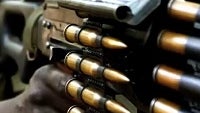
It is not a pleasant topic to think about, but in many places around the world, commodities that are in high-demand are mined or harvested with little regard for what western societies think are fundamental safety protocols or workplace conduct.
Few places on earth are blessed with such natural resources, and cursed by the strife of war as the Democratic Republic of the Congo (DRC). Since the 1960s, DRC, then known as Zaire, has been languishing under the boot of a dictator, or embroiled in some type of civil war. More than 5 million people have been killed since the mid-1990s.
As the world economy grew, the demand for materials such as diamonds, copper, gold, cobalt, and other minerals has exploded. The DRC is rich in those items, and they are all used to one degree or another in high-tech manufacturing. Despite strong growth for the economy as a whole, over 70% of those that live there are below the poverty line, and work conditions exist at the whim of whomever is the stronger war-lord.
At CES earlier this year, Intel announced from that moment going forward, all of its processors would be “conflict free.” That is easier said than done when other multi-billion dollar corporations have not signed on to the same mission.
By starting off on its own however, Intel has created a slow-moving groundswell of support through organizations like the Enough Project. Now, Intel, along with HP, Apple, BlackBerry, Microsoft, Dell, Motorola, Nokia, and others are ranked favorably for their “conflict” materials and maintaining positive control of their supply chains.
Companies in the middle include Samsung, LG, IBM, Sony, Toshiba, and Lenovo. They have made a start, but like any good deed, there is arguably room for improvement. Companies ranked lower include Nintendo, Sharp, Canon, and HTC.
While some activists would encourage people to take action using their wallets when it comes to buying these companies’ products, it should be said that for companies that outsource a lot of their manufacturing, it is more difficult and costly to control and adjust supply chains. For a company like HTC, they likely have other things on their mind.
As Intel has spearheaded the effort, we expect to see the movement become more visible over time, now that other high-profile businesses joined the ranks to not finance the conflicts. Whether or not these actions will actually help, we may not know except in the long-term.

Few places on earth are blessed with such natural resources, and cursed by the strife of war as the Democratic Republic of the Congo (DRC). Since the 1960s, DRC, then known as Zaire, has been languishing under the boot of a dictator, or embroiled in some type of civil war. More than 5 million people have been killed since the mid-1990s.
Products like microprocessors are heavily dependent on these minerals, and Intel, the largest chip-maker in the world, made a point of steering its supply chain clear of these materials that were sourced in conflict zones like DRC.
At CES earlier this year, Intel announced from that moment going forward, all of its processors would be “conflict free.” That is easier said than done when other multi-billion dollar corporations have not signed on to the same mission.
By starting off on its own however, Intel has created a slow-moving groundswell of support through organizations like the Enough Project. Now, Intel, along with HP, Apple, BlackBerry, Microsoft, Dell, Motorola, Nokia, and others are ranked favorably for their “conflict” materials and maintaining positive control of their supply chains.
Companies in the middle include Samsung, LG, IBM, Sony, Toshiba, and Lenovo. They have made a start, but like any good deed, there is arguably room for improvement. Companies ranked lower include Nintendo, Sharp, Canon, and HTC.
As Intel has spearheaded the effort, we expect to see the movement become more visible over time, now that other high-profile businesses joined the ranks to not finance the conflicts. Whether or not these actions will actually help, we may not know except in the long-term.


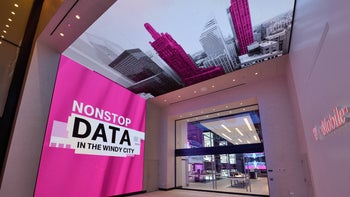
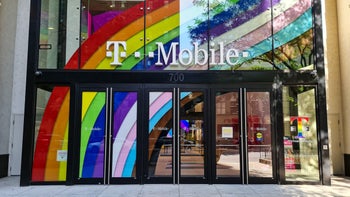
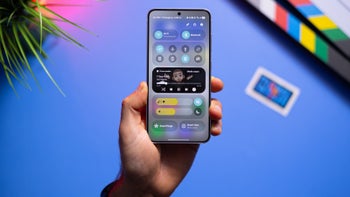

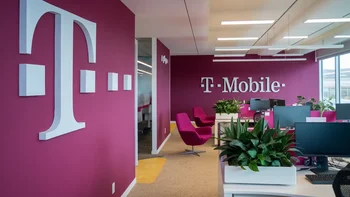
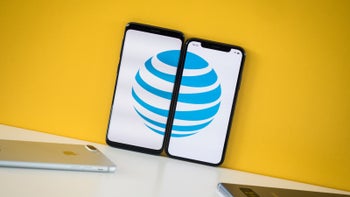
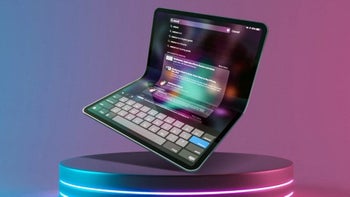
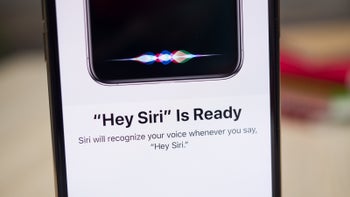
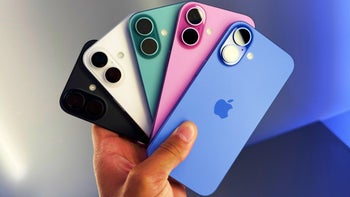
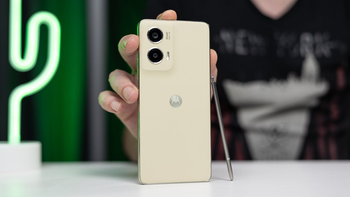

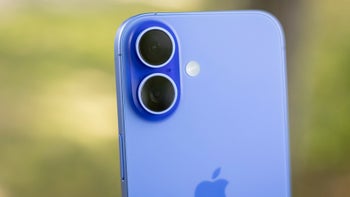
Things that are NOT allowed: